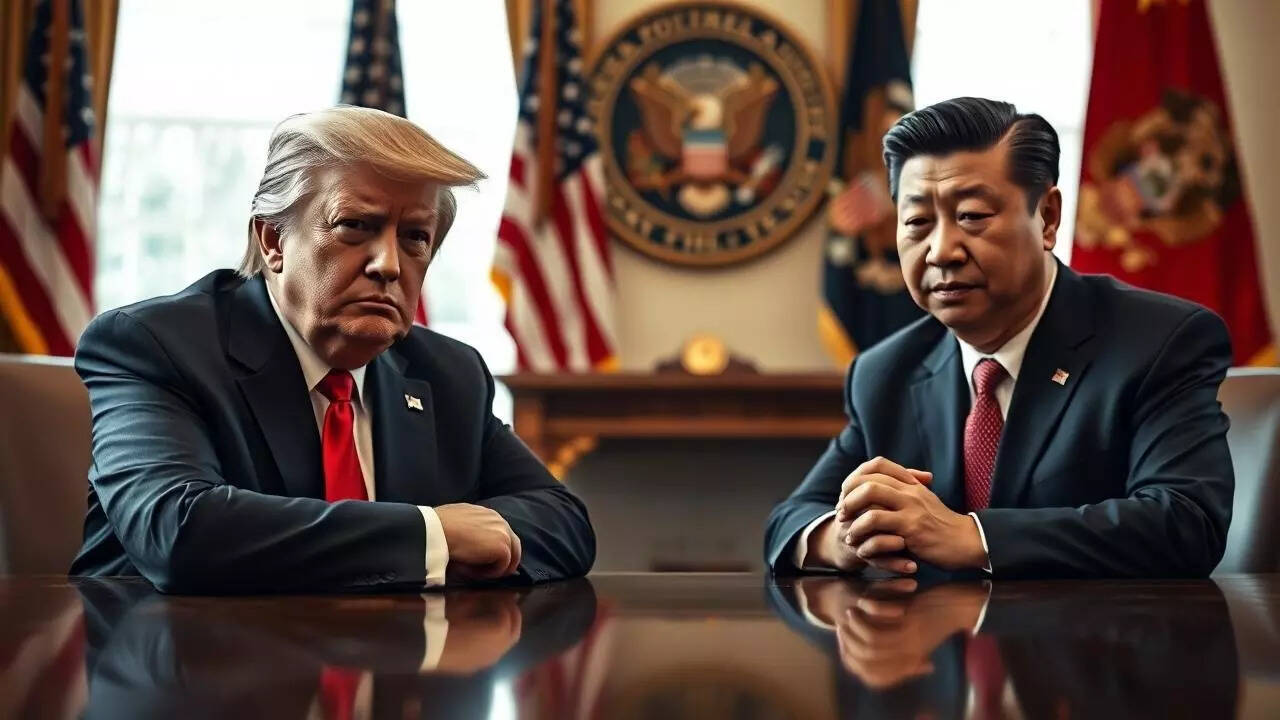Move away from US: China exports emerge strong despite Donald Trump’s tariff chaos; is the record trade surplus sustainable?

The US imposes a 17% tariff on Mexican tomatoes, ending a previous trade agreement and escalating trade tensions between the two nations.

All major sources, one page
Feel the mood behind headlines
Know what’s trending, globally
Get summaries. Save time
6,496
115
204
3 hours ago
Stay sharp in 60 seconds. Get concise summaries of today’s biggest stories — markets, tech, sports, and more
All major sources, one page
Feel the mood behind headlines
Know what’s trending, globally
Get summaries. Save time
6,496
115
204
3 hours ago
Stay sharp in 60 seconds. Get concise summaries of today’s biggest stories — markets, tech, sports, and more